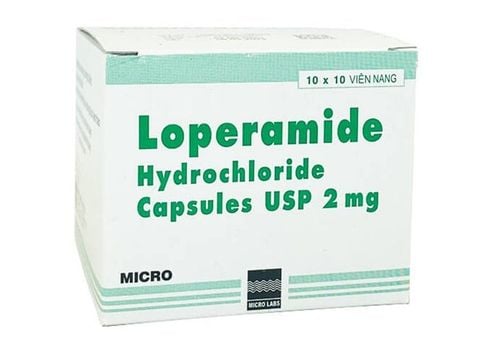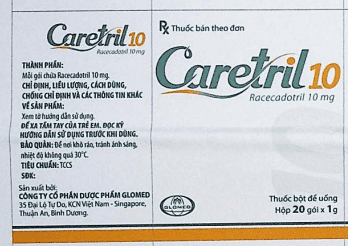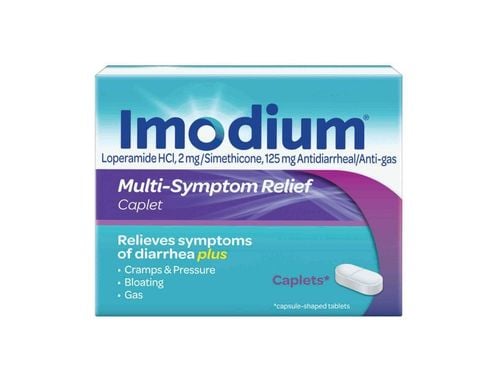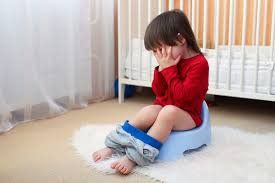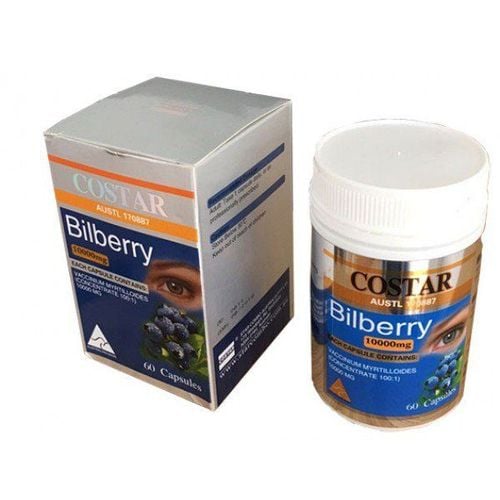This is an automatically translated article.
The article was professionally consulted by Specialist Doctor II Cao Thi Thanh - Pediatrician - Department of Pediatrics - Neonatology - Vinmec Hai Phong International General Hospital. Dr. Thanh has worked for 25 years in the treatment of neonatal pediatric diseases.Diarrhea is one of the common diseases in children, this disease does not seem to be life-threatening, but according to the World Health Organization, this is a common cause of death for children in the world. developing countries like Vietnam. Therefore, parents are not allowed to be subjective and negligent in treatment.
1. What is called diarrhea in children?
Babies under 1 month old can usually poop 4 to 10 times a day. Babies from 1 to 3 months old usually have more than 2 bowel movements a day. However, the number of bowel movements depends on each child, some children go out immediately after a meal, some children poop once every 2 days, some babies only poop once a week. But for children under 2 years old, they often go to software and mold.Diarrhea in children is when an infant has 2 times more bowel movements than normal, while in an older child, it is more than 3 times a day and the stools are loose or watery.
Diarrhea is divided into 3 main types:
Acute diarrhea. Persistent diarrhea: When diarrhea persists for 14 days or more. Invasive diarrhea with bloody mucus.
Trắc nghiệm: Sự phát triển tinh thần, vận động của bé thế nào là đúng chuẩn?
Khi nào bé biết nói, biết hóng chuyện hay biết cầm cốc là "đúng chuẩn"? Điểm xem bạn biết được bao nhiêu mốc phát triển tinh thần, vận động "đúng chuẩn" của bé nhé!The following content is prepared under supervision of Thạc sĩ, Bác sĩ y khoa, Ma Văn Thấm , Nhi , Phòng khám Đa khoa Quốc tế Vinmec Dương Đông(Phú Quốc)
2. What time of year is the child most prone to diarrhea?
In our country, diarrhea in children can appear all year round, but there are two times when the disease often occurs with a large number of patients, that is:Time in the hot season: This is the time when the disease can occur with a large number of patients. favorable conditions for the growth of bacteria. Along with that, people often eat outside more often. Therefore, it is easy to get diarrhea caused by bacterial infections. Time in the cold season: At this time, people are often indoors, crowded, this will create conditions for the virus to spread. Therefore, children are also susceptible to outbreaks of viral diarrhea, especially rotavirus.
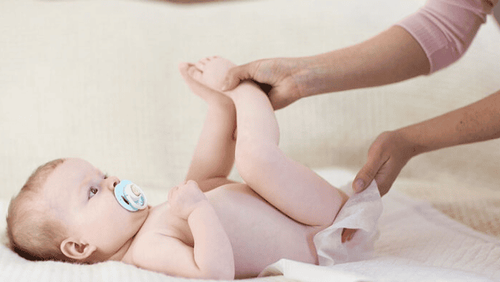
3. Risk factors for diarrhea in children
Parents need to pay special attention to these 3 things, along with the risks of diarrhea in children, including:Unhygienic bottle feeding: This increases the risk of diarrhea many times. compared with exclusively breastfed or not bottle-fed infants. Improper feeding of complementary foods: Feeding children foods that have been cooked at room temperature for a long time or contaminated foods before and after preparation. Due to unclean drinking water (such as water that is not boiled or boiled but left for a long time) or contaminated domestic water. Contaminated utensils or hands of food handlers. Due to improper handling of infected waste, due to the perception that children's feces are not as dirty as adult feces. Because there is no habit of washing hands after going to the toilet, before preparing food and before feeding children.
4. How to treat diarrhea in children
Diarrhea in children causes dehydration and electrolyte loss, so treatment needs to combine rehydration and electrolyte replacement with treatment of the underlying cause. For mild cases, after examining, the doctor can prescribe medicine for the child to treat and monitor at home.4.1. Treatment of dehydration, electrolyte loss
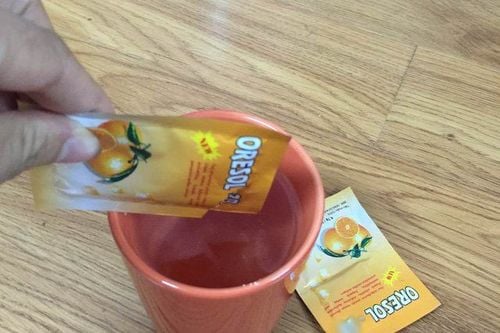
Oresol is used to treat dehydration and electrolyte loss caused by diarrhea, not a medicine to treat diarrhea. How to make Oresol: Need to mix according to the instructions on the product packaging, only mix with boiled water, do not mix with other types of water. Note that it is necessary to mix the correct ratio, absolutely do not mix less water than the instructions. How to give the child to drink: Give the child to drink slowly, drink instead of water, usually drink from 50-100ml (equivalent to about 10-20 teaspoons) after each time the child has diarrhea. Children over 6 months old can replace Oresol with coconut water, rice water, soup. If the child refuses to drink or vomits immediately after drinking, the child should be closely monitored for dehydration.
4.2. Using drugs
Antibiotics: Since diarrhea in children is mainly caused by viruses, antibiotics are not needed. Because antibiotics only work to kill bacteria but not viruses, they are not effective in treating diarrhea in children caused by viruses. Antidiarrheal drugs: It is not necessary to use antidiarrheal drugs, because they can be dangerous for the child. In addition, when using antidiarrheal drugs will mask the symptoms. Since then, delaying treatment, making the disease last longer, greatly affecting the health of children. Probiotics: May relieve diarrhea by approximately 1 day. Zinc : Zinc is not necessary for children who are well-nourished and are not at risk of zinc deficiency. Only necessary for children at risk of zinc deficiency such as children with weight loss, children with acute diarrhea. In addition, zinc also works to reduce the recurrence of the next episode of diarrhea many months later.5. When is it necessary to take the child to the doctor right away?
When children have diarrhea can be treated at home as above, but, parents need to pay attention to the following main principles:Give children more water to drink to prevent dehydration. Feed children more to have health, quickly recover from diseases, restore intestinal mucosa and ensure the baby's growth. Children should be taken to the doctor immediately when having one of the following signs:
The child has a high fever that does not go down. Children are thirsty a lot, or other signs of dehydration such as: Dry lips. Sunken eyes. Concave fontanel: For children < 18 months old and still font. Children cry without tears. The child does not urinate for 4-6 hours. The child is fussy or asks to drink water. The baby is eating or sucking poorly. Children vomit a lot. There is blood in the baby's stool. Diarrhea turns to dysentery. A lethargic baby is hard to wake up or has seizures. When a child shows any of the above signs, parents need to take the baby to a medical facility so that the doctor can examine and promptly handle it, avoiding dangerous complications for the child.
6. Services for examination and treatment of digestive diseases at Vinmec
When coming to the Pediatric Center at Vinmec Times City International Hospital, pediatric patients will be directly examined and treated by experienced specialists.Along with a team of experienced doctors and nurses, the hospital is also equipped with a synchronous, current flexible endoscopic system of Olympus - Japan, a prestigious and top quality manufacturer in the world. gender. The irrigation and foot pedal system helps doctors take the initiative in pumping the patient's stomach and colon.
Gastrointestinal endoscopy helps to accurately diagnose the patient's digestive diseases, help give the right treatment regimen, intervene in a timely manner, and limit the occurrence of complications.
Children of all ages get this disease a few times. When the child's diarrhea treatment has been used at home, but the condition does not improve, or the child has unusual symptoms, the child should be taken to a medical facility for timely treatment to avoid complications. dangerous for children.
In addition, to prevent gastrointestinal diseases that young children often suffer, parents should pay attention to nutrition to improve resistance for children. At the same time, add supporting foods containing lysine, essential micro-minerals and vitamins such as zinc, chromium, selenium, B vitamins,... snacks and less digestive problems.
Parents can learn more:
Why do you need to supplement Lysine for your baby?
The role of zinc - Guidelines for reasonable zinc supplementation
Please visit the website Vinmec.com regularly and update useful information to take care of your baby and family.






